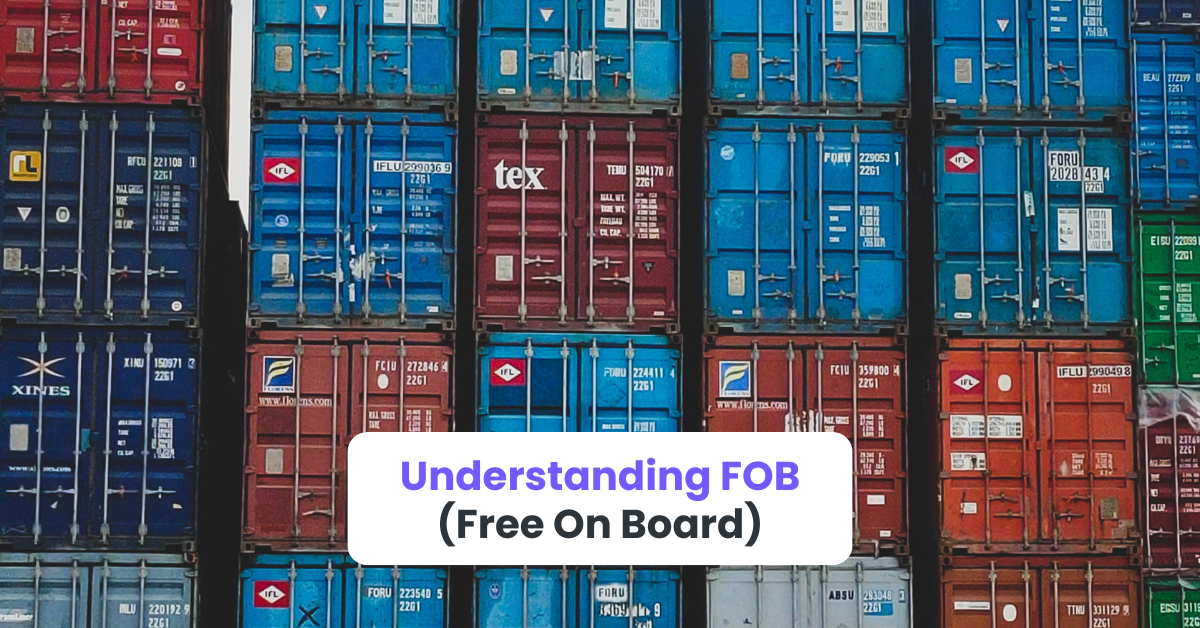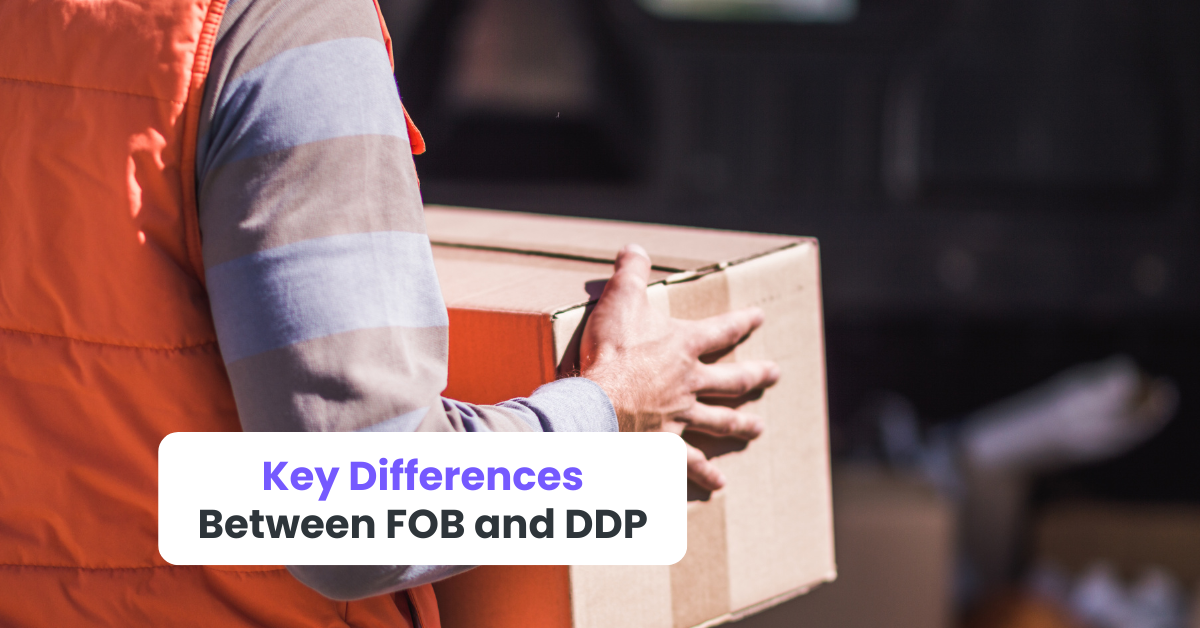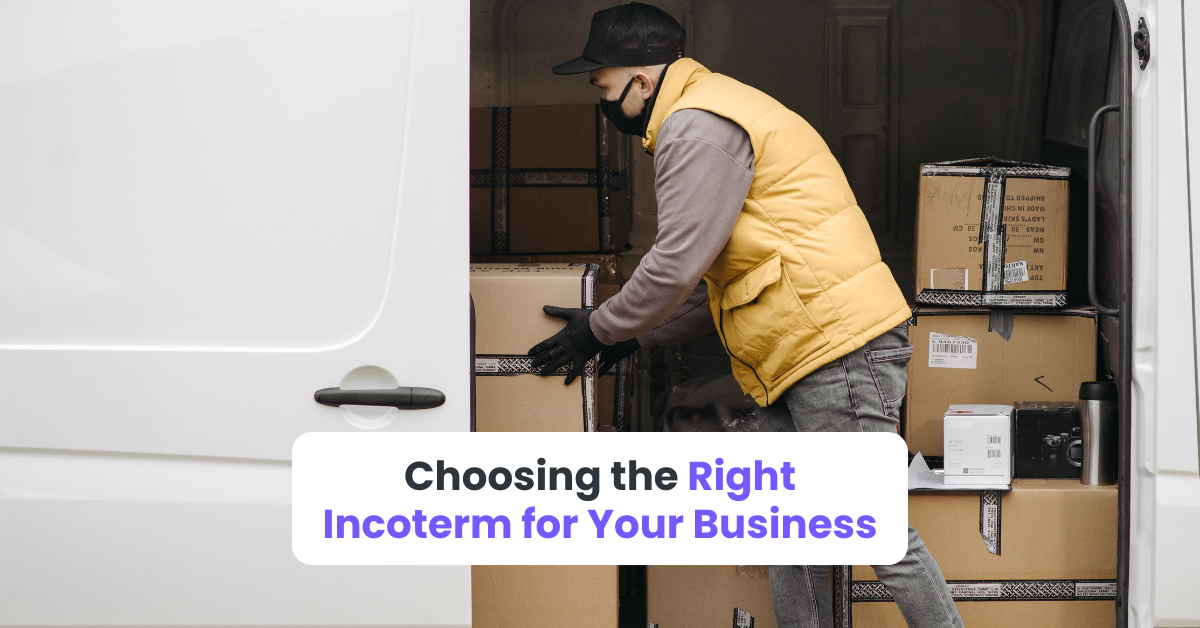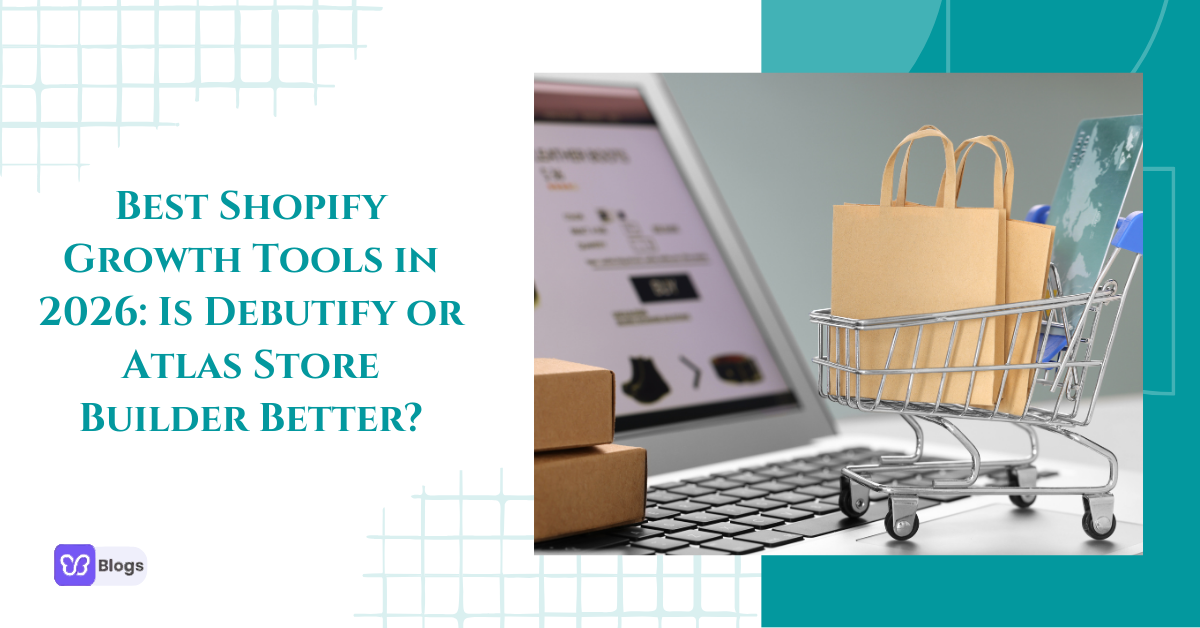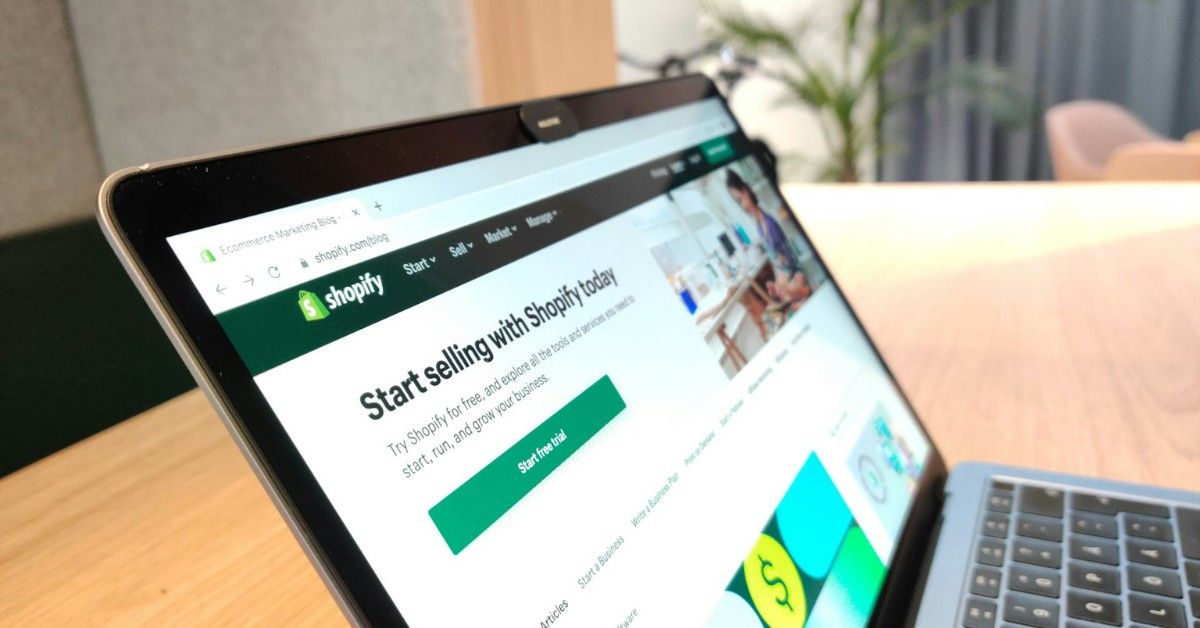Did you know that choosing between FOB and DDP can significantly affect your bottom line in international trade? In the realm of shipping and trade, FOB (Free On Board) and DDP (Delivered Duty Paid) are crucial in co-terms that define the responsibilities.
Free On Board, or FOB, is a word used commonly in international commerce related to transportation and logistics. It denotes the moment at which the buyer assumes responsibility for the items being transported and the seller meets their commitment. From the point of FOB, the buyer bears all expenses and risks; the seller bears responsibility for insurance, transportation, and loss risk up to that point.
FOB Origin and FOB Destination are important to FOB shipping sites. To minimize disagreements during the shipping process, buyers and sellers must have a clear understanding of FOB to ascertain responsibilities, expenses, and risks related to goods transportation.
In international commerce contracts, FOB, or free on board, is an Incoterm that specifies the obligations and liabilities of both buyers and sellers with relation to the shipment of products. Costs associated with loading, import clearance, export clearance, and delivery to the designated port are all the seller's responsibility.
Costs associated with transit, import clearance, and loss or damage risk are the buyer's responsibility. Cost repercussions, risk distribution, pragmatic and legal issues, and logistics planning are among the consequences for both sides.
Until the items are placed aboard the vessel at the appointed port, the seller assumes all risk of loss or damage; during transportation, the buyer is responsible for taking precautions against any dangers. Comprehending these ramifications facilitates cost management, risk mitigation, and seamless transactions from shipment delivery.
Pros and Cons of Free On Board (FOB) in International Transactions
Pros:
- Clear Division of Responsibilities: FOB outlines the responsibilities of the seller and buyer regarding the shipment of goods.
- Cost Control for Seller: The seller's responsibility ends once the goods are loaded onto the vessel at the port of shipment (FOB point).
- Flexibility in Choosing Carrier and Route: The buyer has the flexibility to choose the carrier, route, and insurance options that best suit their needs and budget.
- Lower Product Costs for Buyer: FOB shifts the responsibility for transportation costs to the buyer from the FOB point onwards, potentially lowering overall purchase costs.
- Risk Management: FOB allows both parties to manage risks more effectively.
Cons:
- Complex Logistics for Buyer: Buyers must manage and bear the costs of transportation, insurance, and any other charges from the FOB point onward.
- Risk of Damage or Loss During Transit: Once the goods are loaded at the FOB point, the buyer assumes the risk of damage or loss during transportation.
- Dependency on Seller’s Actions: Delays or errors on the seller's part can affect the entire shipping process and potentially incur additional costs for the buyer.
- Higher Upfront Costs for Buyer: Buyers may face higher upfront costs due to the need to arrange and pay for transportation, insurance, and import duties immediately after the goods are loaded at the FOB point.
- Limited Control for Seller After Loading: Once the goods are loaded onto the vessel at the FOB point, sellers have limited control over the shipment's safety and timely arrival at the destination.
FOB (Free On Board) terms are used in international transactions to clearly define responsibilities and risks between sellers and buyers at the specified point of shipment. For example, a Chinese electronics manufacturer sells smartphones to a buyer in the USA on FOB terms, with the seller responsible for packaging, delivering, and arranging export clearance.
The risk of loss or damage transfers to the buyer, who is responsible for paying ocean freight, insurance, and handling import customs clearance. If the goods are damaged or lost during transit, the buyer bears the financial consequences. Similarly, a Brazilian agricultural company exports coffee beans to a buyer in Europe using FOB terms, with the seller covering packaging, loading, and obtaining export licenses.
The buyer assumes responsibility for paying ocean freight, arranging for insurance coverage, and handling import customs clearance upon arrival in Europe. Understanding these dynamics is crucial for effective cost management, risk mitigation, and smooth transactions in global trade.

